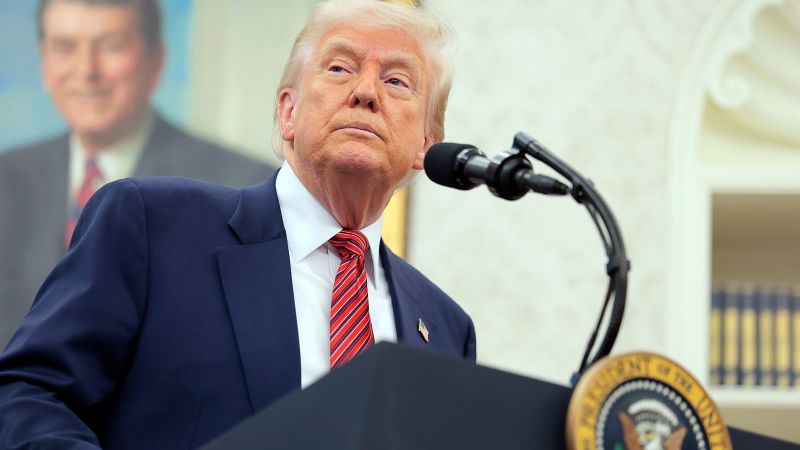The violent crisis between India and Pakistan, particularly over the disputed region of Kashmir, has escalated tensions and raised concerns about the lack of robust US diplomatic intervention under the Trump administration. President Trump’s response to the conflict has been passive, offering minimal involvement and expressing hope for a swift resolution without showing substantial enthusiasm for active mediation.
While Secretary of State Marco Rubio has engaged with officials from both countries, there is a notable absence of a coordinated US effort for international mediation. The article highlights Trump’s disinterest in traditional diplomacy and preference for leveraging economic and military power for perceived national interests, rather than prioritizing global peace efforts.
The historical context of the Kashmir conflict, rooted in the partition of India by Britain in the 1940s, underscores the complexity and long-standing animosity between India and Pakistan. Despite past US interventions to prevent escalations, the current fragmented world order and geopolitical shifts have diminished the effectiveness of traditional diplomatic strategies.
As India justifies its military actions in response to attacks on its territory, the potential for further escalation remains a concern. With Washington’s reduced influence and shifting alliances in the region, the role of other mediators like Qatar may become crucial in facilitating peace talks.
In conclusion, the article highlights the challenges of navigating a volatile international landscape without strong US leadership and emphasizes the evolving dynamics in South Asia that may shape the future trajectory of the India-Pakistan conflict.

